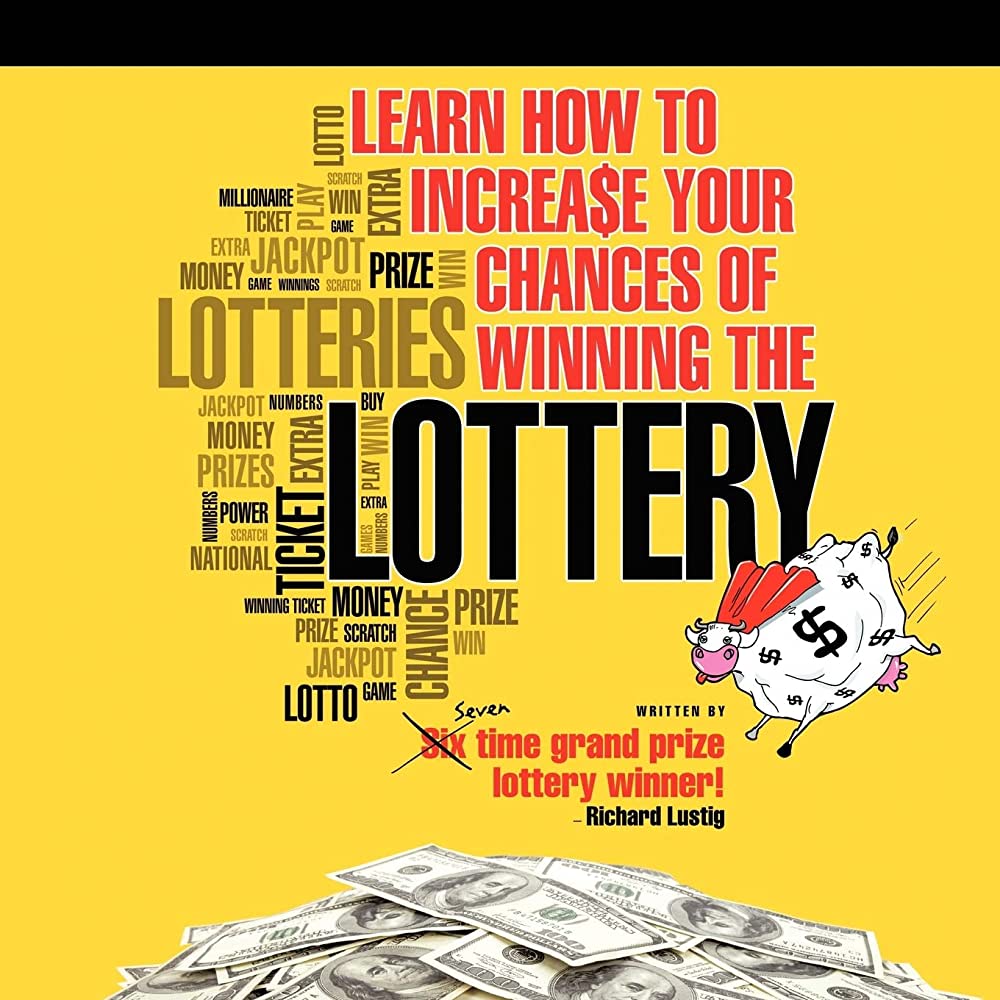
Lottery is a form of gambling where players bet on numbers to win prizes. They are often organized so that a portion of the profits goes to good causes.
Several European countries held lotteries as early as the 15th century. They were a popular form of entertainment, and were used to raise funds for various projects, such as building town walls and fortifications and providing money for poor people.
The earliest recorded lottery is believed to have occurred in the Low Countries, where towns offered tickets with prizes for those who purchased them. The prize money was typically in the form of articles of unequal value, such as a piece of furniture or an animal.
In the United States, public lotteries were popular in the 19th century and helped fund numerous public projects, including college buildings (Harvard, Dartmouth, Yale, King’s College (now Columbia), William and Mary, Union, and Brown). The American colonies also used lotteries to finance the Revolutionary War and provide support for their armies.
While some people have made a living off of playing the lottery, others have lost their lives. For this reason, it’s best to play responsibly and not push yourself into debt or financial ruin.
First, decide how much you want to spend on your lottery ticket. You may be tempted to play more than you can afford, but try to be realistic about how long you want to play and what your goal is. In addition, it’s wise to have an emergency fund built up so that if you win, you can pay your taxes without losing too much.
Second, select a lottery game that has relatively low odds of winning. This is a wise strategy for regional lottery games, as well as smaller games like state pick-3.
Third, be sure to choose a wide variety of numbers from the pool. Statistics show that most winners have selected a diverse group of numbers from the pool. In addition, avoid numbers from the same cluster or those that end with the same digit.
Fourth, be sure to check the rules before you buy a lottery ticket. This will help you determine whether or not a particular game is legal and safe to play.
Fifth, don’t buy a ticket just because you have a good chance of winning. This can lead to you spending more money than you can afford, or you might become addicted to the thrill of winning.
If you are unsure about the safety of a particular lottery game, ask a local lottery dealer for advice. Most of them are willing to talk with you about your concerns and can offer tips on how to play the game. This can make all the difference in whether or not you can enjoy your lottery experience.